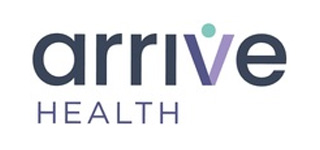Carle reduces patient notification time from hours to seconds by automating negative COVID-19 test results delivery.
ALBUQUERQUE, N.M., April 14, 2021 — Twistle, the leader in patient activation, today announced the implementation of its HIPAA-compliant patient communication platform at Carle, a health system in Urbana, Illinois.
Carle is using Twistle’s platform to automatically deliver negative COVID-19 test results for its busy drive through testing site – in 2021 Carle has averaged 2,300 tests per week. They sought a solution to automate the laborious and time-consuming process of calling patients to notify them of their COVID-19 test results. The process was very inefficient for both staff and patients.
Since implementing Twistle, Carle has also seen a measurable impact on its operations, reducing the time to deliver negative test results from 48 hours to seconds. They calculated that the automated messages are saving 32 hours of staff time per day. Vice President Primary & Ambulatory Care, Lesly Whitlow, DNP, MBA, RN, commented, “Automating negative COVID-19 test result delivery has been a great benefit for patients who are anxious to receive their results and staff who can now focus their time on contacting patients who need follow up or additional care.”
Carle is in the process of expanding their use of Twistle to meet other patient communication needs as well.
“We know our healthcare providers are under immense pressure to care for an unprecedented number of patients who are battling COVID-19,” said Twistle CEO Kulmeet Singh. “Alleviating that strain by automating care planning and communication is central to Twistle’s mission. Receiving timely, personalized and actionable guidance not only reassures patients and their families, but also improves outcomes and reduces care costs. We can’t wait to get the pandemic behind us to help patients catch up with important healthcare priorities that have been delayed.”



